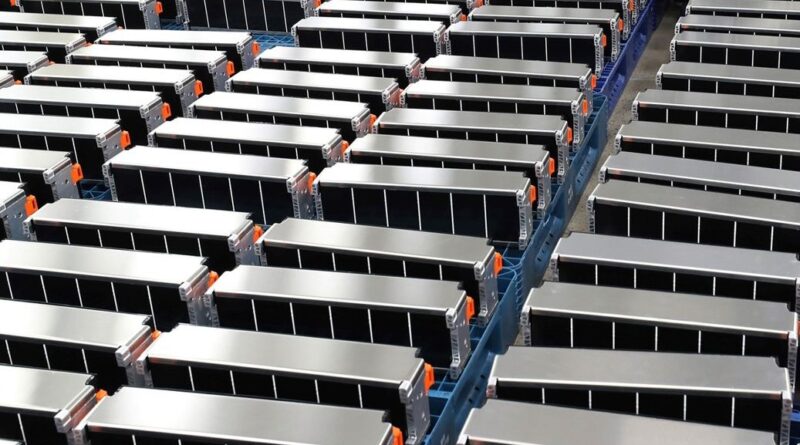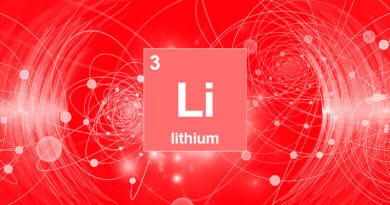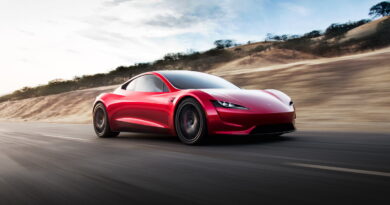Lithium producer expansions are increasingly difficult to justify
Slowing electric vehicle sales and new tech are both contributing to the lithium sector’s woes, said Daniel Jimenez, partner at iLiMarkets. iLiMarkets is a business consulting firm specialized in the lithium industry. Jiminez worked 28 years at SQM, one of the world’s biggest lithium producers. Jiminez was responsible for production and commercialization of lithium carbonate and lithium hydroxide to Asia, Europe and North America, as well as developing SQM’s commercial offices.
After the lithium shot up at the start of the decade, it is now experiencing a downturn. Prices have fallen 80% over the past two years. Overcapacity and declining electric vehicle sales have led to a significant drop in lithium prices.
Jiminez said there are other factors adding to depressed lithium prices: increasing popularity of plug-in hybrid electric vehicles, which have smaller batteries than full EVs, and growing use of lithium iron phosphate cathode material, which requires less lithium than lithium nickel manganese cobalt.
Some of the large lithium giants are cutting. Early this year lithium giant Albemarle announced job cuts and deferred spending. Other miners have been expanding despite the slump. SQM is ramping up its refinery in northern Chile. The investment would take the facility up to 300,000 tons, according to Reuters. In August Pilbara Minerals announced plans to acquire Latin Resources for $369 million.
Jiminez was critical of the West’s efforts to build its own critical mineral supply chain, namely through Biden’s two-year-old Inflation Reduction Act. Focusing on developing battery manufacturing capabilities is crucial for establishing a competitive supply chain.




